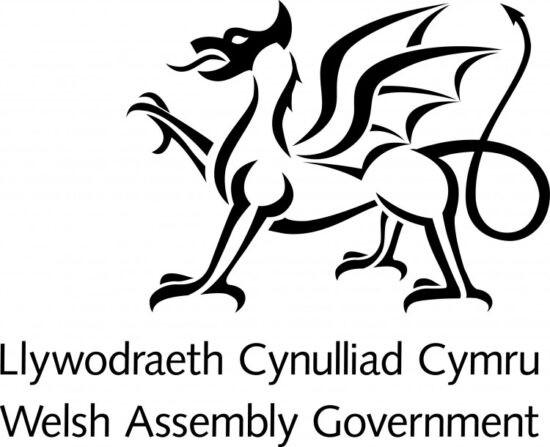The Counsel General, Mick Antoniw, has outlined the case for a distinct legal system for Wales, against a backdrop of increasing threats to access to justice, in a keynote speech at the Legal Wales Conference in Bangor University today.
Mr Antoniw said that the increasing volume of Welsh-only laws meant that the creation of a distinct legal jurisdiction for Wales was inevitable and therefore it makes sense to start working on a separate system now.
He said:
“Now that we have two legislatures it goes without saying that we should have two jurisdictions. It concerns me greatly that, somehow, the concept of the England and Wales jurisdiction has taken on a sort of mythical and philosophical aura. I take the view that the creation of distinct jurisdiction is a modest and sensible transitional way forward until there is such a body of Welsh or English law that the move to separate jurisdictions becomes inevitable.”
The Counsel General told the conference that the Welsh Government had already set out a vision of what a distinct jurisdiction could look like but in the meantime they had to make a single jurisdiction work.
He explained:
“To this end we are taking steps to ensure so far as possible that neither the single jurisdiction nor divergence in Welsh laws result in detriment to the people of Wales, or to Wales’s post-EU future. And we know that members of the legal community too are playing their part. We welcome this; we encourage it; we want to see more of it.”
Mr Antoniw also told the audience that the creation of a distinct legal jurisdiction would be an opportunity to develop a Welsh solution to counter a raft of UK Government reforms which are reducing access to justice. The significant cuts in legal aid since 2013 are being compounded by a substantial programme of court closures across Wales and England and a series of increases in court fees and the imposition of new fees. This is resulting in rising numbers of people appearing in court without a lawyer to represent them, which is causing problems for the court and tribunal system and the judiciary. UK Government statistics published last week revealed that in a third of family law cases neither party was represented by lawyers.
“Legal aid is not devolved, we do not have the funding to restore the cuts in Legal Aid, but we can start to look at doing things differently. We have to look how our tribunals operate, how we improve access to them; we have to look at the advice systems funded by the Welsh Government, pro bono systems, trade union legal support systems, and third sector support and advice organisations. There may be an opportunity here to be creative, draw different strands together and create an alternative model.”
He finished by emphasising the important role the legal profession will need to play in delivering his vision of a new legal system fit for a modern Wales.
He said:
“I want the legal sector to engage with the Welsh Government as we work to deliver meaningful change for the better in Wales; the kind of change that grows a thriving business sector, a world-class education and research sector, and a globally envied justice system; a country in which every single individual stands a decent chance of making it if they work hard.”

| [donate]
| Help keep news FREE for our readersSupporting your local community newspaper/online news outlet is crucial now more than ever. If you believe in independent journalism,then consider making a valuable contribution by making a one-time or monthly donation. We operate in rural areas where providing unbiased news can be challenging. |



















